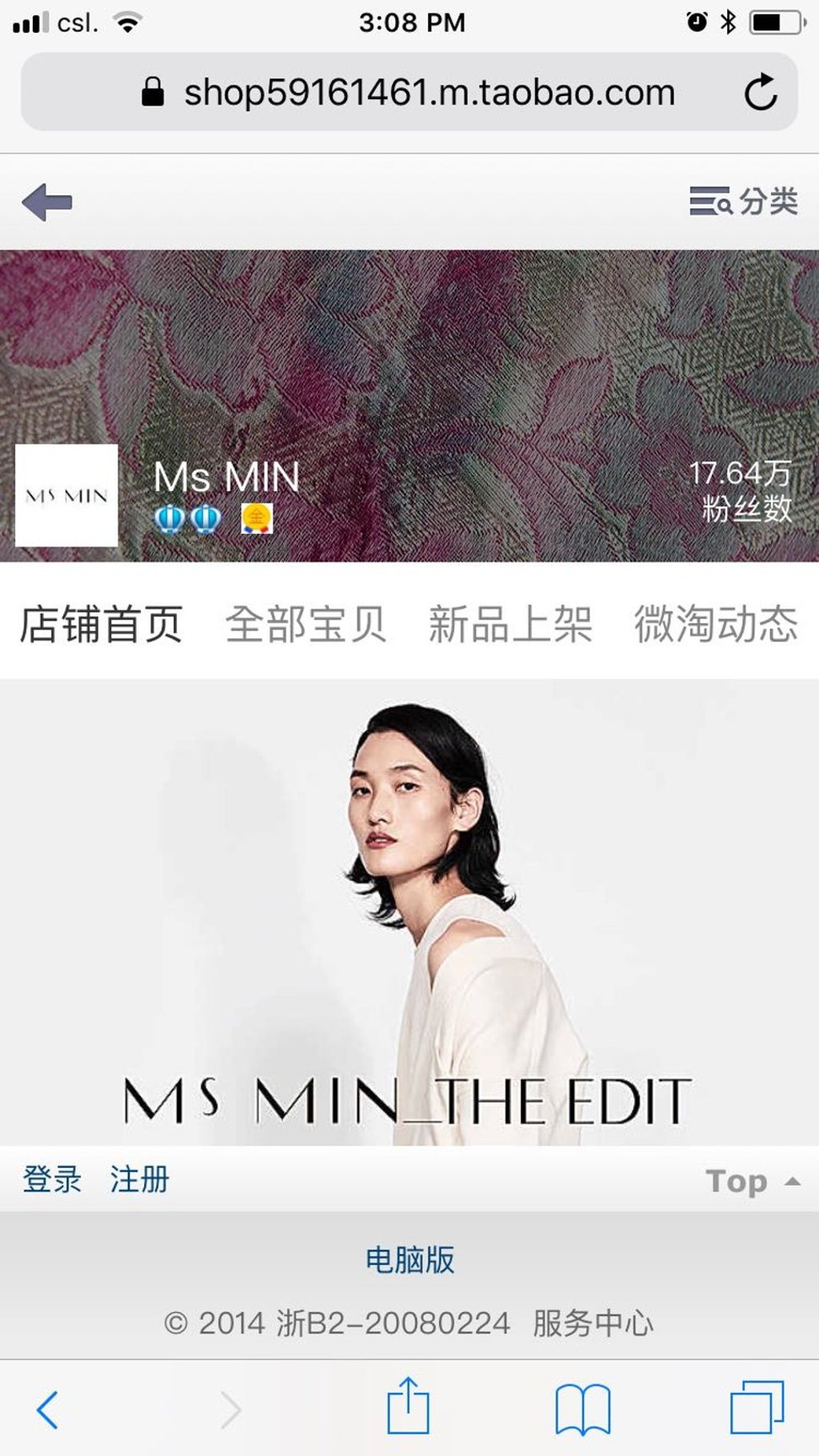How Chinese fashion designers built their labels on e-commerce website, despite sneering even from their friends
An online mass marketplace known for cheap goods and knock-offs might not seem the obvious place to launch an independent fashion business, but Taobao lets designers reach China’s youth market and get rapid feedback

Like every other business selling to consumers in China, independent fashion designers are taking to e-commerce to reach an audience of fashion-hungry millennials – with impressive results.
Taobao – the popular online shopping website operated by Alibaba – is known as a mass marketplace for cheap goods and knock-offs, but is rarely thought of as a breeding ground for innovative independent fashion design.
China’s fast-fashion antidote: second-hand stores and clothing swaps to lessen ecological impact
Indeed, most sellers on Taobao’s platform are middle men, dispensing a dizzying array of products and brands to its user base of more than 580 million mobile monthly active users, 70 per cent of whom are in their twenties and thirties.

However, some of China’s top design talent is now looking to access this massive market while taking advantage of the relatively low start-up costs that come from making Taobao their base of operations.
Min Liu is the designer behind Ms Min, a Chinese designer label fast growing with an expanding number of stockists, both at home and abroad. Ms Min’s major point of difference is its unique use of Chinoiserie, a style inspired by art and design from China, and bespoke additions. It’s overtly Chinese while also being completely modern, with a focus on tailoring and custom prints thrown into the mix for good measure.